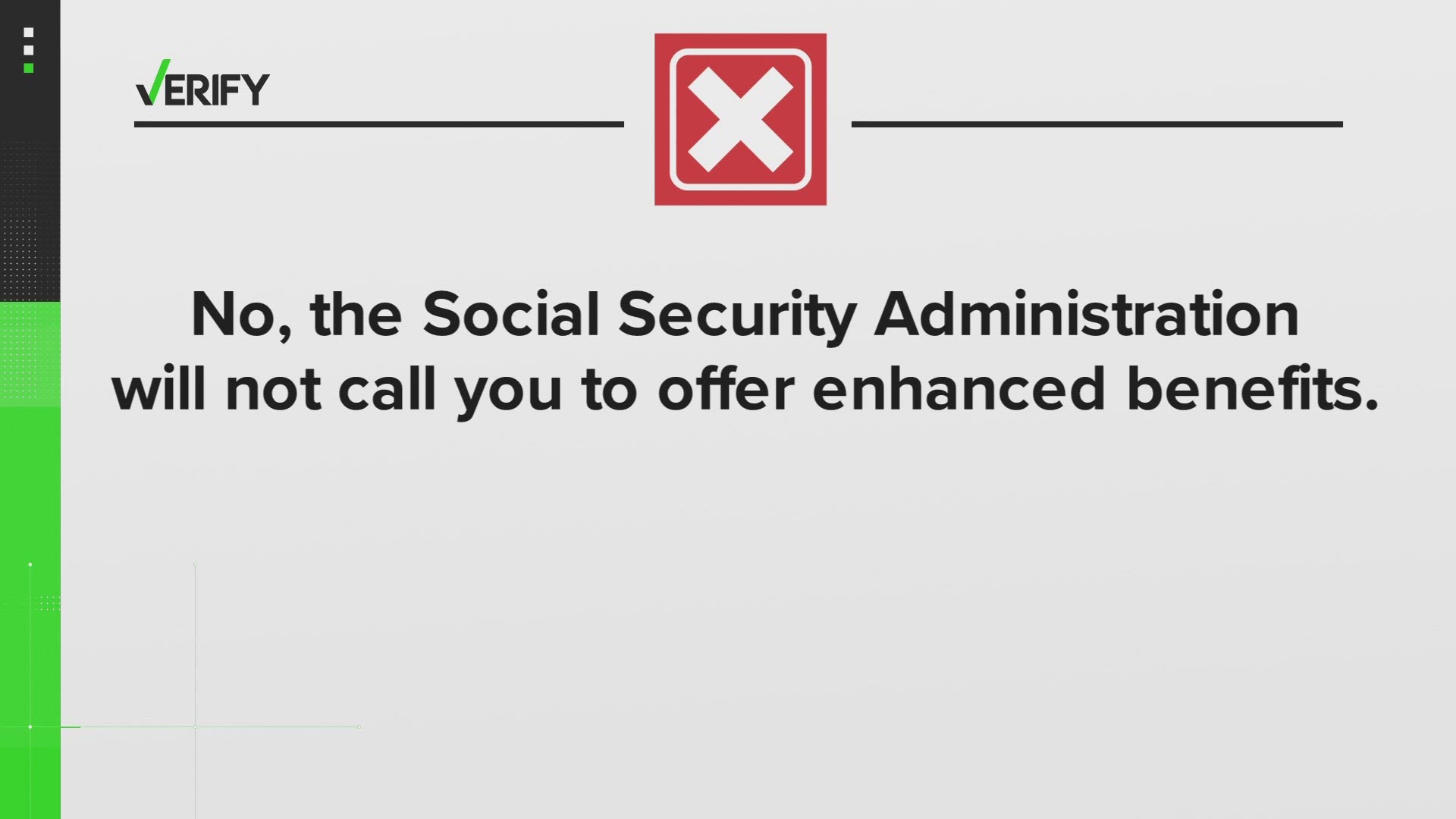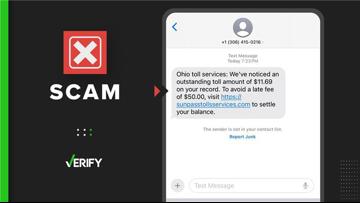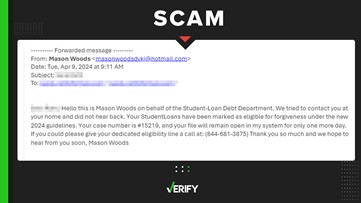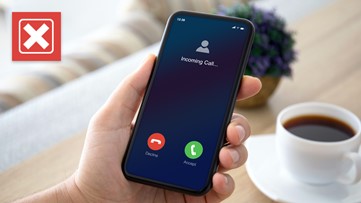WASHINGTON — For someone on a fixed income, keeping up with rising prices might still be a challenge.
So, when a WUSA9 viewer received a phone call that seemed too good to be true, he asked our VERIFY team whether he should be suspicious.
Kenneth said via email, “I received a call from someone stating I was eligible for up to an additional $3,600 in Social Security benefits. If this is TRUE, why hasn't the Social Security Administration notified me in a letter I was eligible for additional benefits?”
QUESTION
Will representatives of the Social Security Administration call recipients about a potential increase of their benefits?
SOURCES
ANSWER
Social Security recipients do not have to act to receive increased benefits, but scammers have been known to prey on seniors with the promise expanded benefits.
WHAT WE FOUND
Social Security benefits rise most years. The agency makes cost of living adjustments every year. Since 1975, the increases automatically match changes in the Consumer Price Index, though benefits will not decrease in the event of deflation.
The Federal Trade Commission (FTC), which tracks scams and fraud, and Experian, the credit monitoring service, both say that the cost of living adjustments, or COLA, are applied without any action required of the recipient. They also say the Social Security Administration will never contact beneficiaries by phone, text, or social media to talk about their benefits or demand a payment.
The Social Security Administration’s Inspector General issued a warning in 2022 about phone calls like the one Kenneth answered. It said scammers frequently pose as government officials. They will either pressure their targets into making unnecessary payments or trick them into revealing personal and banking information to steal their identity.
The FTC advises that scammers can spoof a legitimate number to show up on your caller ID. It also warns never to pay someone claiming to be a government official with a wire transfer, gift card, cryptocurrency, or via a payment app.












